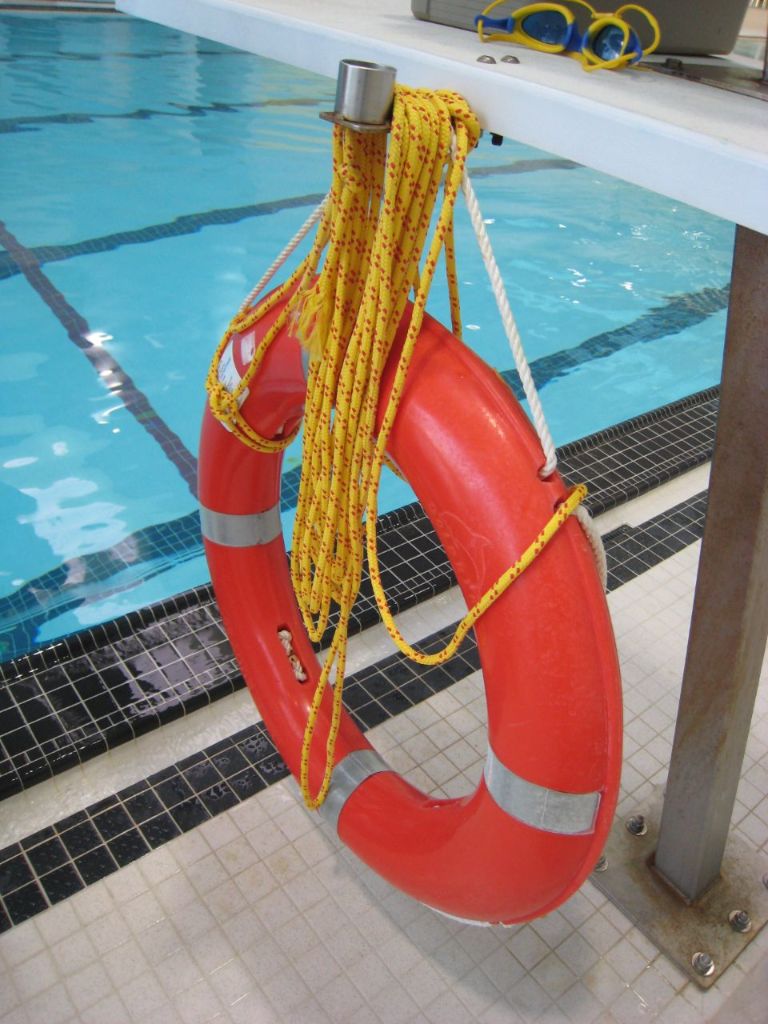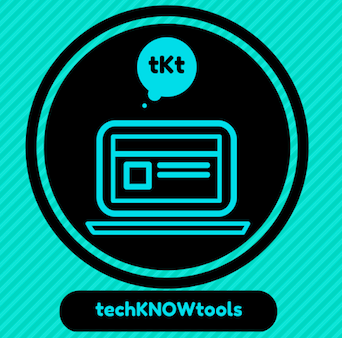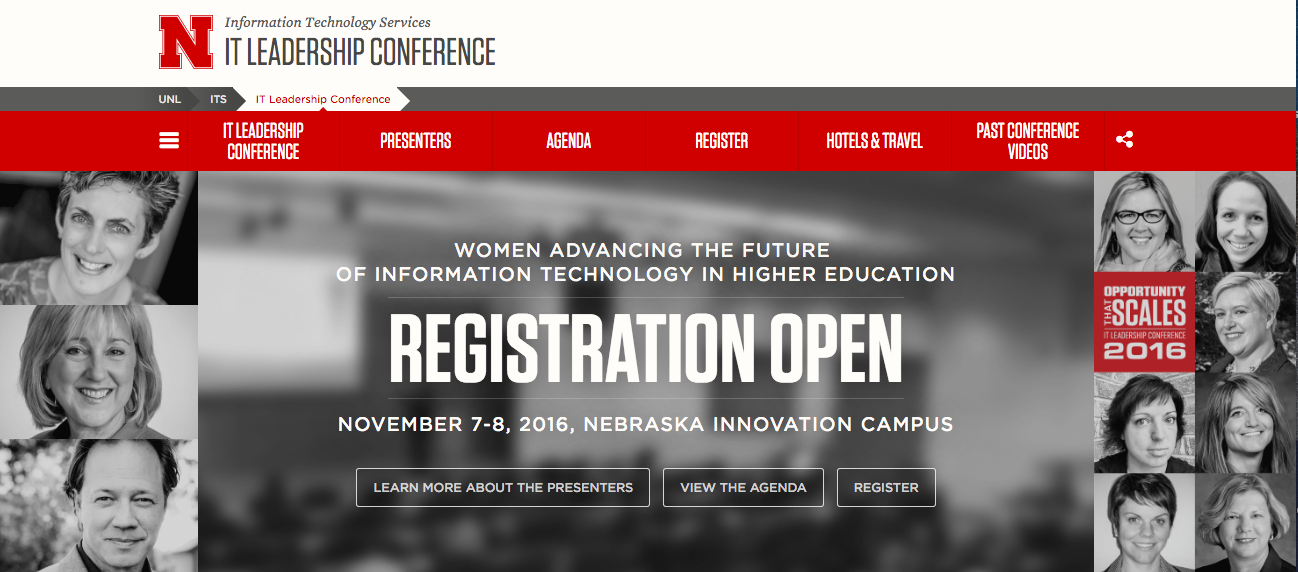For the fourth season of the Coaching Through It podcast, my co-host/fellow coach, Julie Larsen, and I want to support real leaders with real problems. Whether you’ve just transitioned into people management or you’ve been supervising folks for a while, being a leader today is increasingly complex and complicated.
There’s been a whole lot going on in the world of work. If you manage people, your workload and expectations as a leader has only been amplified. Being a people manager is not an easy role. With evolving economics, a multi-generational workforce, recent layoffs, and knowing that the only constant is change, leaders are required to keep the lifeboat — their team and themselves — afloat in the sea of uncertainty. We have no doubt you’re being more than challenged as a leader — so, we wanted to throw a lifesaver to you.

Call for Leaders Who Are Searching for a Coach:
We want to hold space for any people managers who could use a “guide on the side” for the next season of Coaching Through It pod. As coaches, we want to offer a FREE, 1-time coaching session for leaders who want a thinking partner to discuss their leadership development. Whether you want to tackle a specific supervision issue, identify an area of growth as a manager, or just take a beat to review your own leadership practice. We want to offer a 60-minute coaching session to support YOU!
If you are interested in joining us for an audio-only, recorded experiment to work through your leadership values, strategies, and approaches — please reach out to us by email (coachingthroughit at gmail dot com). We’ll meet to explore coaching topics and discuss how this session is shared in the podcast in advance. In your message, please tell us about you, your role as a People Manager, and how coaching can support you:
- What leadership challenges are you experiencing?
- How are changes impacting how you manage others?
- What practices do you want to work on to support your team?
- How do you want to grow and thrive as a supervisor?
- What leadership support do you need now?
About the Coaching Through It podcast:
About the Pod: In Coaching Through It, co-hosts and coaches, Julie Larsen & Laura Pasquini, bring their ideas, questions, perspectives, & insights to their own coaching practice. Whether you’re making a big decision, exploring a new path, planning a project, or you just want to learn how coaching might help you. In each episode we’ll introduce you to our coaching practice with powerful questions, reflections from our training, share coaching tools/techniques, and share how coaching fits into our work and personal lives. Subscribe to Coaching Through It & follow the pod on Instagram or Twitter.







You must be logged in to post a comment.